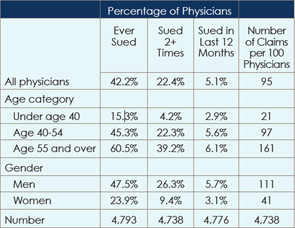The Patient Protection and Affordable Care Act of 2010 (ACA) is described as the most sweeping health care legislation passed in the U.S. since Medicare’s implementation in 1965. The health reform law is already changing the health care system, but the most profound modifications are yet to come. The law will affect otolaryngologists’ practices in many ways, both direct and indirect. Here are some areas of the law to consider.

Lessons Learned: How to overcome the cultural barriers to EMR implementation
Health care reform and government incentives have intensified the dialogue on electronic medical records (EMR). Despite the financial incentives for EMR adoption included in the Health Information Technology for Economic and Clinical Health (HITECH) Act, enacted as part of the American Recovery and Reinvestment Act of 2009, physician response remains lukewarm. The HITECH incentives program fails to recognize that the greatest barrier to EMR adoption is not financial, but cultural.

Experimental Tort Reform: States take different approaches to implement change
The health care reform law passed in March created a $50 million demonstration program to test alternatives to the current medical liability system. But reaction is mixed as to whether the new project will help fix what the physician and medical liability insurance communities view as a flawed and inefficient system.